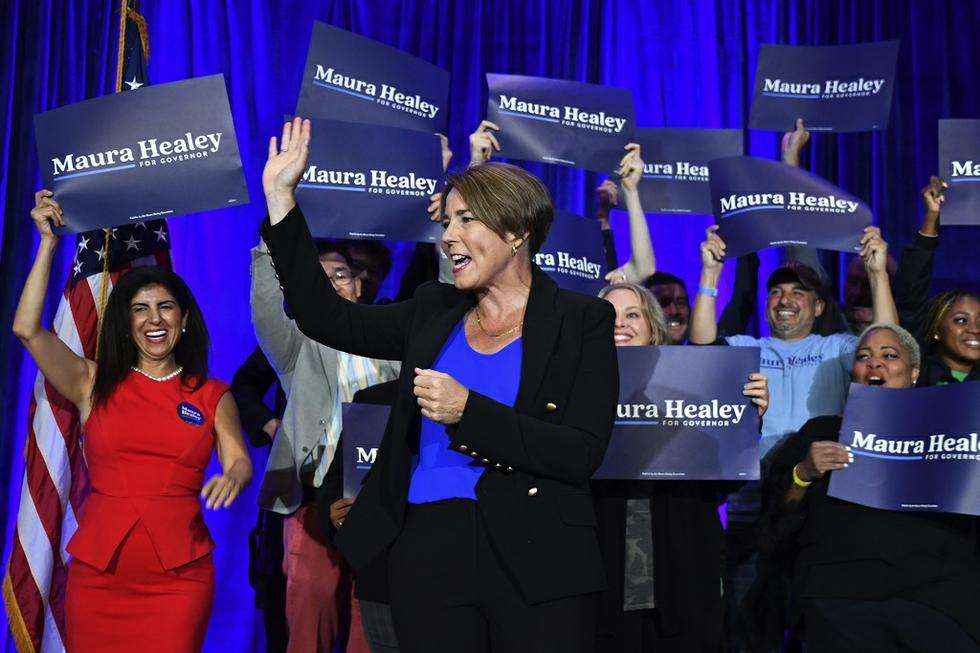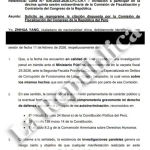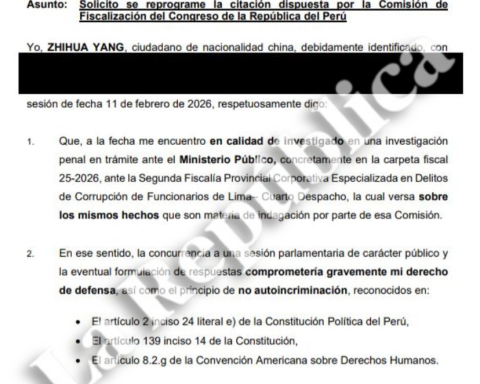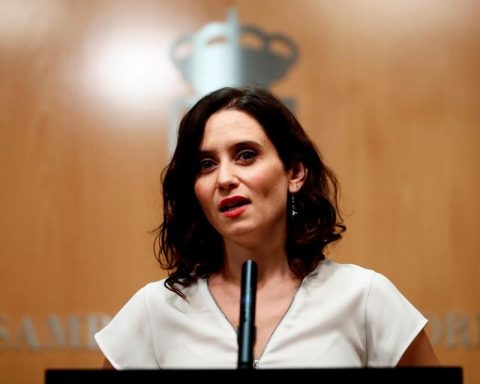Democrat Maura Healey has made history in Massachusetts by becoming America’s first elected openly lesbian governor.
“Tonight I want to say something to all the girls and to all the young LGBTQ people. I hope tonight shows you that you can be anything, whoever you want to be,” Healey told a crowd gathered in Boston.
“And nothing and no one can stand in your way except your own imagination and that’s not going to happen. “Tonight, for all of you, and for all of you, with the help of so many people, we made history, didn’t we? We made history,” she added.
Healey has served as Massachusetts attorney general since 2014 and defeated his Republican opponent, former state Rep. Geoff Diehl, in a 63.3% to 35.1% victory.
For her part, fellow Democrat Tina Kotek will be the next governor of Oregon after beating her rivals. This makes her the second openly lesbian female governor in the country, after Maura Healey, who won her election last Tuesday.
Kotek prevailed after holding a steady lead over Republican challenger Christine Drazan and after independent candidate Betsy Johnson conceded.
She is the longest-serving Speaker of the House of Representatives in Oregon history. She has promised a compassionate policy for the homeless crisis in her state. “From day one, I will give people the help they need to get off the streets,” she said. And she promised to improve on the work of her Democratic predecessor, Gov. Kate Brown, the state’s first bisexual but wildly unpopular female governor.
These midterm elections have made history for Democrats and for LGBTQ candidates. While virulently anti-LGBTQ Republican Governors Ron DeSantis (FL) and Greg Abbott (TX) won reelection handily, LGBTQ candidates won elected office across the country, including the first two lesbians to be elected governor. If representation is power, the victories of Healey and Kotek have expanded LGBTQ political power in their respective states and nationally.
In Colorado, the nation’s first openly gay governor, Jared Polis, was re-elected, defeating Republican Heidi Ganahl 57.6% to 40.3%. Ganahl had run on an anti-LGBTQ platform.
In Michigan, Democratic Attorney General Dana Nessel, also a lesbian, was re-elected, defeating Republican challenger Matthew DePerno.
There were 678 LGBTQ candidates on the ballot on November 8, an increase from 432 candidates during the last election (2018). At least 340 LGBTQ candidates had won their elections as of Friday.
The previous record was 336 elected candidates, set in 2020.

















